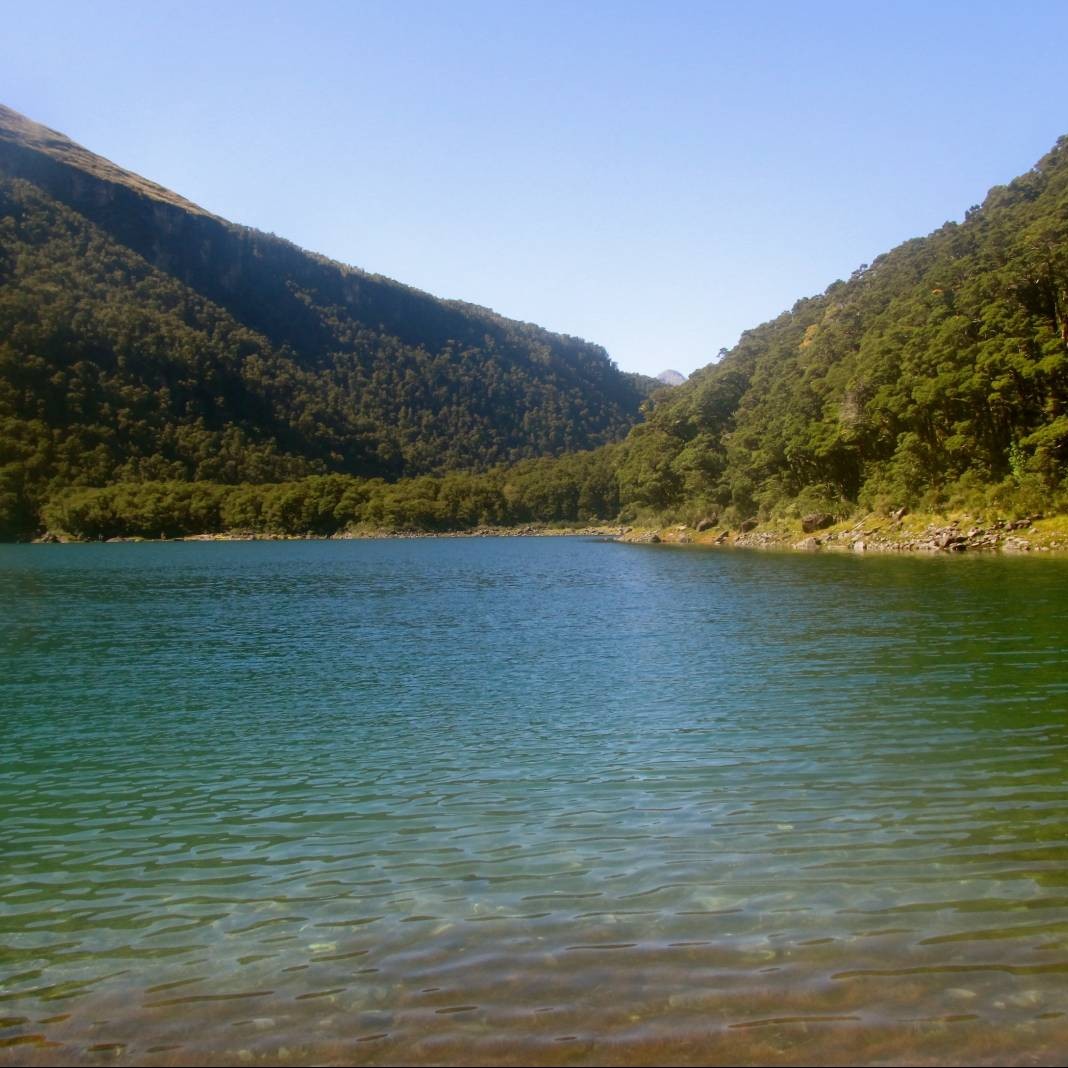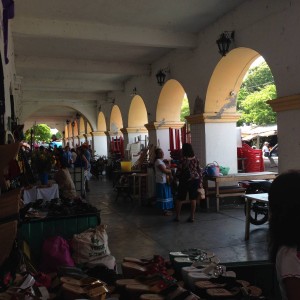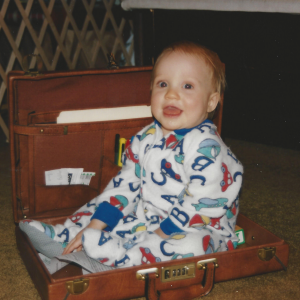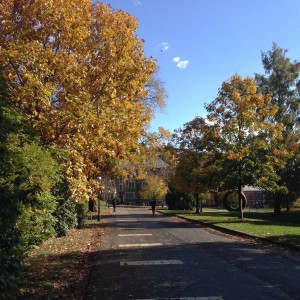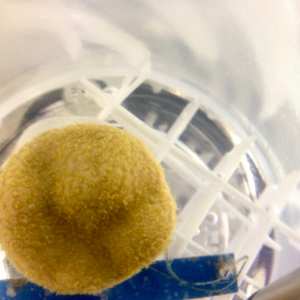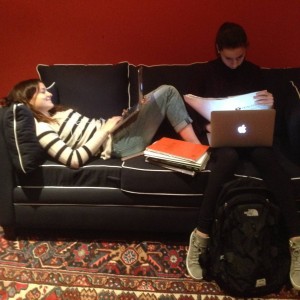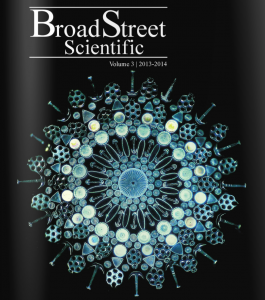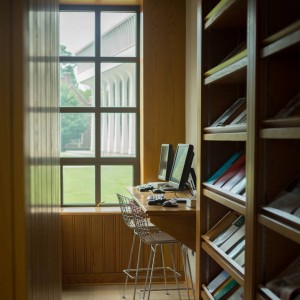
As spring semester approaches, most juniors are trying not to think about what’s coming next: the spring JP. For psychology majors, the spring JP is a project proposal that often becomes a student’s senior thesis. My JP-turned-thesis was on learning science through composing analogies, a topic that intersects my interests in psychology and education. While I was very excited about crafting my spring JP, I also remember feeling very overwhelmed. I knew that a well-done JP would save my senior self TONS of time in the thesis-writing process — but I also knew that planning your thesis during junior year puts a lot of pressure on you! Though I successfully used my spring JP as the foundation for my thesis, there are many things I wish I had thought about when I first designed the project. Here are some tips to be mindful of if you plan to base your thesis on your spring JP (and save yourself a lot of time during senior year!)
Continue reading Senior Reflection: What I Wish I Knew During My Spring JP


